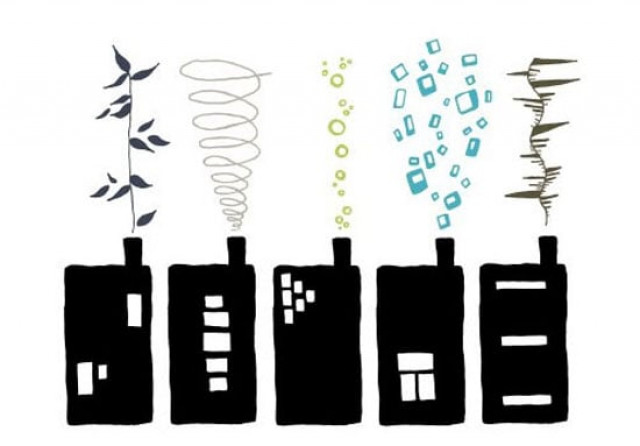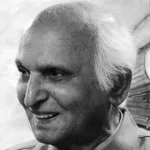I have just finished reading an Environmental Protection Agency report on pollution. It talks of the many ways our environment gets degraded.
Besides other kinds of pollution it talks of noise, pointing out that when we make a noise we cause a degradation of our environment.
Slogan chanting, it would appear then, is a major cause of environmental pollution in our times. Irrespective of whether we shout to welcome a revolution or to decry American imperialism, the noise causes pollution and affects our health.
Let me clarify here, however, that it is just me, myself, risking my neck here by making the audacious suggestion. The EPA report has played it safe and simply ignored slogan chanting as a factor in the soaring noise levels. It only mentions the noises associated with traffic, calling them pollution and explaining how noise pollution or polluted noises lead to psychological diseases.
Now, Lahore was free in the past, at least of the traffic noises. The vehicles plying on its streets were not the noisy kind. The tonga made no noise, neither did the car. (Remember that was what Iqbal found remarkable about Zulfiqar Ali Khan’s ‘motor’.) Noise pollution came to Lahore the day the tonga was banned on The Mall to be replaced by the rickshaw. The rickshaw was soon followed by another vehicle called the scooter. Together the two polluted the city’s environment with their noise. The point in time also marks the beginning of Lahore’s cultural decline.
The pollution is thus a phenomenon of the modern age. The social and cultural life earlier on had been free of noise and the pollution it causes. We did not even have the shouting activist. There was, of course, the lover’s wail but Meer had famously counted even that as noise and warned the lovers of the potential consequences. The lover, it must be said, lacked a political consciousness. Later, from reading Sahir Ludhianvi’s poetry, he finally realised that the difficulties he faced were on account of the beloved’s father being a capitalist. The realisation caused more noise pollution.
That apart, what I want to say here is that while the EPA report has rightly warned us about the noise pollution and the health hazards associated with it, the narration is far from a comprehensive account of the noises we have to deal with today. Of course, the rickshaws make a lot of noise and, together with the scooters, account for most of the traffic noises but what about the electronic media? Imagine a political debate on some TV channel. Contemporary politics are quite polluted to start with. Add to that the pollution caused by the understanding of the people routinely invited to these discussions. Remember what it does to your hearing once the argument heats up and becomes personal and try to imagine what it does to the hearts and minds.
There may be no escape from the traffic noise while on the street but once we are home we can more or less shut it out by closing the windows. But what can one do about the TV?
Together these noises have deprived us of a precious experience called silence. In blessed times you expected it as night fell. It’s an hour past midnight; I hear the empty street talking, wrote Nasir Kazmi. But where are the silent nights when you saw neither a vehicle nor a pedestrian on the street?
*Translated from Urdu
Published in The Express Tribune.
Noisy revolutionaries: The worst kind of pollution
Slogan chanting, it appears, is a major cause of environmental pollution in our times.



COMMENTS
Comments are moderated and generally will be posted if they are on-topic and not abusive.
For more information, please see our Comments FAQ